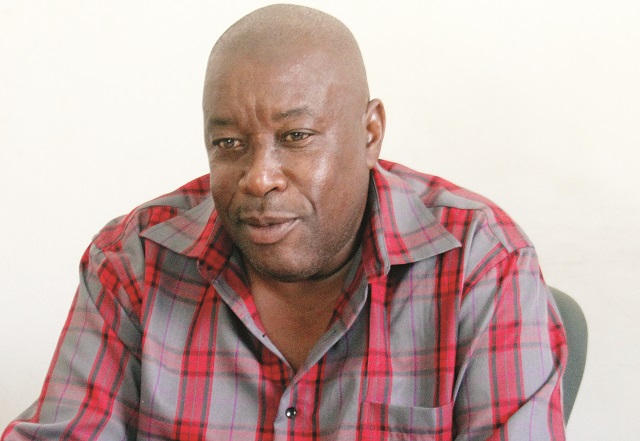‘Ban on haulage trucks on hold’

Prince Sunduzani, Business Reporter
THERE is a need to prioritise the resuscitation of the National Railways of Zimbabwe (NRZ) before a policy to ban bulk transportation of goods by road can be enacted, a Cabinet Minister has said.
In the past few years, concerns have been raised by different stakeholders that long-haul road freight was damaging Zimbabwe’s road network as well as causing congestion at border posts.
In this light, calls have been made for Government to outlaw bulk transportation of goods by road and move it to rail.
The Government has hinted plans to do so to address the challenges caused by the haulage trucks on the road network and to boost NRZ’s operations.
But in an interview after his tour of NRZ premises in Bulawayo last week, Transport and Infrastructural Development Minister Dr Joram Gumbo said coming up with a policy to outlaw bulk transportation of goods by road will only be done when the parastatal’s efficiency improves.
“You don’t come up with a policy to ban bulk transportation of goods by road unless the NRZ’s efficiency improves. And this is what we have to do once it is recapitalised and revived.
“As is the case at the moment there is no alternative to bulk movement of goods by road taking into consideration that NRZ is incapacitated,” he said.
Dr Gumbo said when enacting a policy consideration has to be made regarding its impact to the economy of the country.
Revival of the strategic entity is one of the Government’s top priorities with the authorities last year signing a $400 million recapitalisation deal with DIDG/Transnet, which will see NRZ embarking on rehabilitation of its infrastructure and equipment.
Financial closure of the recapitalisation deal is expected soon.
It is hoped that rehabilitation of NRZ would improve the parastatal’s operational capacity which at the moment has gone down significantly.
At its peak in the 1990s, the parastatal moved 18 million tonnes of cargo annually compared to less than four million tonnes last year.
@PrinceNkosy102










Comments